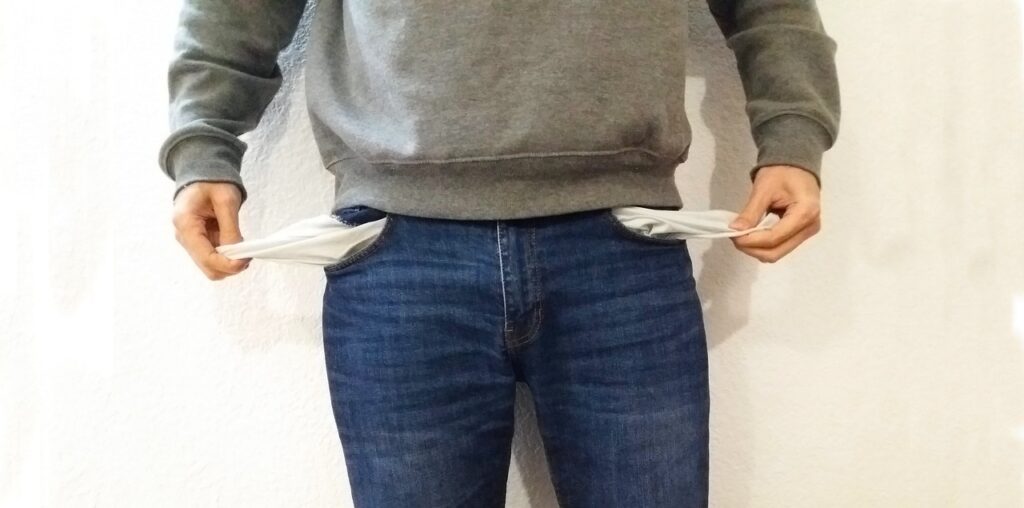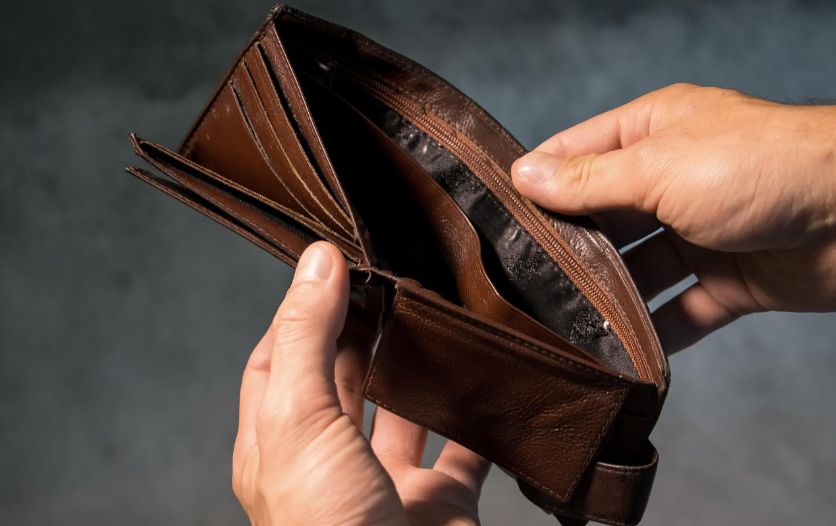What is debt? Debt simply means kudziwa ngongole—when you borrow money or things, and you have to pay back later. It is like when you take fertilizer from the agro-dealer on credit, and after harvest, he comes for his money. If you have sold nothing, he will not smile.
Debt is not always bad. Sometimes, it helps, like when you borrow to grow your business. But when you borrow carelessly or too much, you can suffer. So let us talk now: how can we avoid being in too much debt?
1. Know Your Needs vs. Wants.
In the village, you know you need ufa (maize flour), salt, soap. But wanting that new phone or those expensive clothes? That is kufuna zinthu osafunikira—wanting things that are not important.
Before you buy anything, ask yourself:
- Do I need this, or do I just want it?
- Can I survive without it?
- Can I wait and save for it?
A woman in Dedza may want a nice handbag she saw in town. But if she has only enough money for cooking oil and tomatoes, she should choose wisely.
2. Budget Your Money Like You Budget Your Nsima.
When you are cooking nsima, you do not use all your flour in one go, ah! You measure well so everyone eats.
Same with money. Make a small budget:
- Write down how much you earn (maybe from selling vegetables, fish, working, etc.)
- Then write all the things you must pay for: rent, food, school fees, tithe, transport
- See how much remains after that
If you don’t plan your money, it will disappear like water in a basket. That is when people start borrowing.
3. Live Within Your Means – Don’t Compete With Others.
In the village or town, you may see someone buy a big TV, wear suits, drive a car. But you don’t know how they got that money. Maybe they borrowed, maybe they are drowning in debt.
Don’t follow someone’s style and put yourself in problems.
If your money is small, live a small life. Eat your dry fish with peace. Better to have little and sleep well than to have big things and be hiding from people you owe.
4. Avoid Unnecessary Loans.
Nowadays, even on the phone, loans are everywhere. Just one click, and you get K5,000 or K10,000. But they don’t tell you how fast interest grows.
Let me give you a story. John, from Blantyre, borrowed K20,000 using mobile money. He thought he would pay back after selling charcoal. But the charcoal didn’t sell. In two weeks, he owed K26,000. After one month, it was K30,000. Now he is running away from the agent.
Don’t borrow for fun, or to show off. Only borrow if it’s something that will make more money, like farming inputs or small business.
5. Save, Even If It’s Little.
You may say, “But I don’t earn much!” That is okay. Even saving K500 every week is better than zero.
Start a small village savings group (VSL). In Malawi, many women groups use VSL to save and lend to each other for emergencies. It helps avoid going to loan sharks with painful interest.
When you save, you have a cushion. So when problems come—sickness, funeral, school fees—you don’t rush to borrow.

6. Talk with Your Family.
Money is not a one-person thing. Your wife, your husband, your children—they all use it. If you don’t sit together and agree, you may plan one way and they spend another.
A man in Mzuzu may plan to save for fertilizer. But if the wife doesn’t know, she may use the money to buy new chitenje. Then you end up borrowing from the SACCO.
Talk. Plan together. Decide together.
7. Avoid Being a Guarantor if You’re Not Sure.
Sometimes a friend or family says, “Please sign for me to get this loan, I will pay.” You feel shy to say no.
But if they don’t pay, you will suffer.
Only sign or be a guarantor if you trust them fully and if you have backup money in case they fail.
8. Use Local Solutions Before Running to Borrow.
Let us say your child is going to school and you have no fees. Instead of borrowing with heavy interest, first try:
- Talk to the headteacher, ask for a payment plan
- Sell something small in your house—like extra plates, clothes, or even firewood
- Ask relatives for help
Sometimes, we rush to debt, forgetting we can solve it differently.
9. Learn New Ways to Make Money.
If you are always short of money, you are likely to borrow again and again. Start thinking: how can I make more?
Can I:
- Raise chickens?
- Start baking and selling mandasi?
- Wash clothes for others?
- Sell airtime or sugar?
When you earn extra, you reduce your chance of going into debt.
10. Pray and Use Wisdom.
Lastly, my friend, do not forget God. Before you borrow, pray for guidance. Before you spend, ask for wisdom.
Some debts are caused by spiritual carelessness—trying to impress others, copying the world. But when you walk wisely, and stay humble, God provides even in small things.
Conclusion.
Debt is like fire. If you control it, it helps you cook. But if it controls you, it burns your house.
So walk carefully. Budget wisely. Save something. Borrow only when needed. Don’t compete with your neighbour. And teach your children too.
May your pockets be full, and your heart be peaceful.
A Malawi without debt (ngongole ) is a Malawi with peace.
